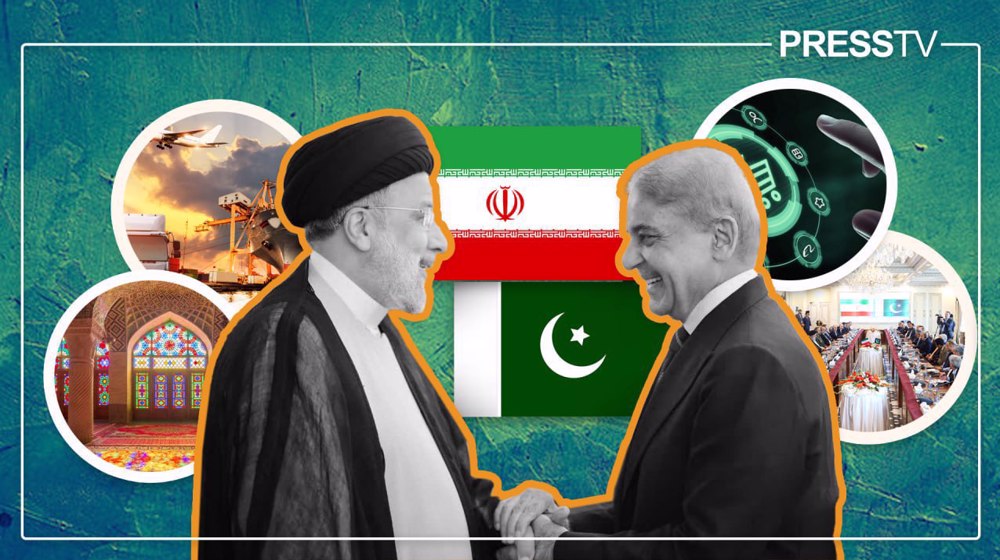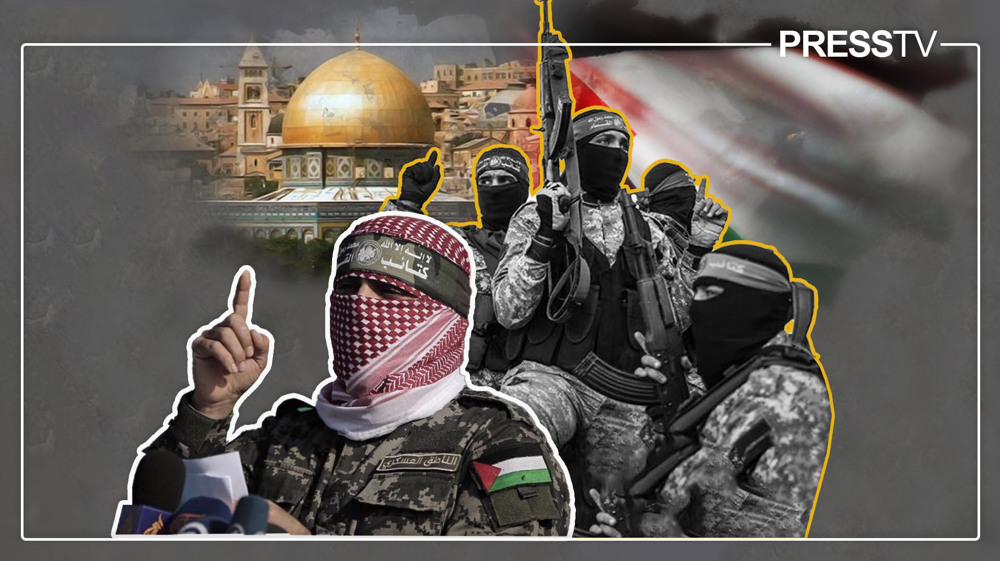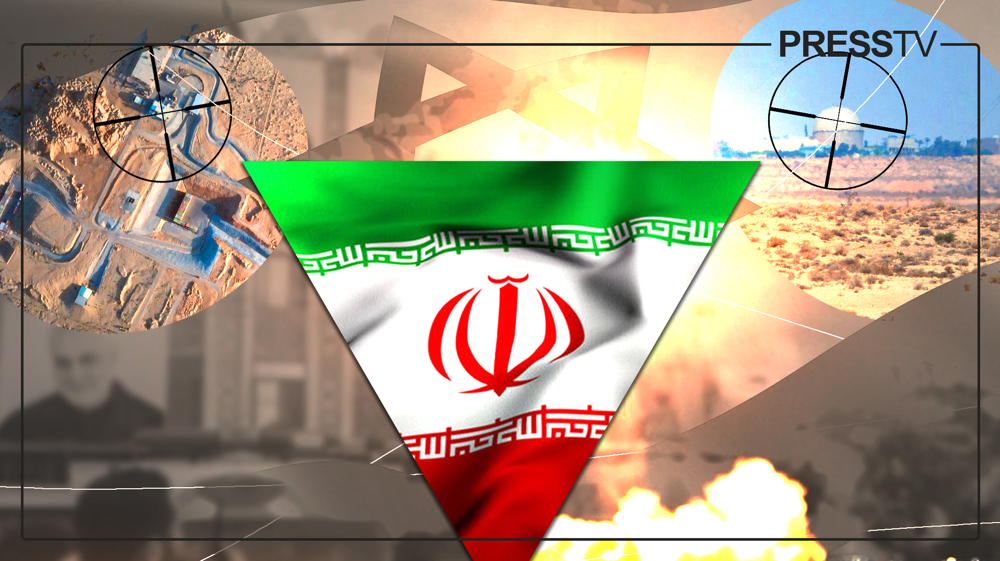Yemen war, why was it stopped now?
“Support by United States rulers is rather in the nature of the support that the rope gives to a hanged man”…Nikita Khruschev
It is now Thursday, where day four of the pretend-a-ceasefire saw multiple air strikes on Houthi forces. The Saudis were backing up their pledge to combat further Houthi advances, and they were continuing to try to take the city of Aden on the coast today, which the Saudi-backed S.Yeminis want for their future secession state capital.
The Houthis are now asking for talks, but demanding an end to all bombing first, which certainly will not happen unless they end their combat operations. They also quite reasonably want an end to the total blockade, which the coalition said on day one it had every intention of continuing.
It had been a memorable Monday. In the morning, we were analyzing the lower than expected readership on our Yemen War articles on Veterans Today, which we suspected was due to most Americans not even knowing where Yemen is. And then boom…it became the top story with the surprise announcement that the Saudis were ending their initial bombing stage.
I have to admit I did not see that coming. We had just finished an analysis of the huge explosion in Sana’a on a target that was reported to be a major Scud missile base. All the military reporters must have taken the day off, because we watched videos of a huge primary explosion, with none of the secondary explosions found when such a facility gets hit with a bunker buster.

Scuds are fueled with asymmetrical dimethylhydrazine. You can see the dirty yellow brownish plume in video of them being fired. We did not see any of that in the video -- just a huge white mushroom cloud with no warheads and fuel tanks cooking off and exploding for 30 minutes after the strike.
Bunker busters are designed to be able to carry a mini-nuke warheads, so they can be a one shot, total destruction munition. No conventional explosive can do what we saw, so we concluded that a mini-nuke weapon was used to destroy a large underground command center, but the question was, “Why Monday?”
That took some digging. The initial press releases are never to be believed. The Saudis magically claimed their bombing campaign had accomplished its goals, when it obviously had not. The Houthis continued their advances to consolidate their takeover from the Hadi puppet regime.
Sure, the coalition bombing campaign, which by the way included Israeli pilots, had extensively targeted the military facilities seized by the Houthis to neutralize them. But Western media only occasionally mentioned the Yemini army factions that had gone over to the Houthis.
Such facilities are of limited value without the trained military and support groups to operate them. The air strikes were designed to destroy them both. But the coalition pilots went way beyond that. Day after day, we saw civilians, refugees, and a major NGO medical facility being blown to bits.
We interpreted this initially as the “Israeli treatment” where military targets are elusive to find, out of frustration the attacker turns on the civilians and infrastructure as collective punishment. But as it went on, it seemed to become “random punishment.”

We got a partial confirmation from the NY Times report, which quoted a senior American official about ongoing discussions among some of the key coalition members for ending the bombing. When asked why they wanted it he said, “Too much collateral damage.”
I had done an interview the night before on Press TV and was asked how long the bombing campaign could go on, and I answered that with the Saudis having the US, Israel and the Arab League behind them, they could continue as long as they wanted. They had been ignoring the UN calls for a ceasefire.
All I could see to stop it was growing world pressure over the humanitarian crisis developing with the obviously sloppy targeting of the coalition air strikes, followed by the total embargo on the poorest country in the Arab world. But I had seen little concern over this tragedy other than in the EU, Iran, Russia, China and Pakistan, who played a wildcard role in all this with their refusal to participate. Pakistan saved its honor.
The New York Times also quoted Iran’s deputy foreign minister, Hossein Amir- Abdollahian, that “after many efforts, we shall see a halt to the military attacks in Yemen,” The announcement of the bombing halt came a few hours later.
With this hindsight, we can see the alleged Scud storage facility strike as the Saudis getting one last lick in on the Houthis before the ceasefire. Would the Western powers take advantage of this situation for a live fire testing of a mini-nuke bunker buster to demonstrate to others what the devastation could be? I think that is exactly what we saw happen, and we have a precedent.
The first nuclear bombs dropped on Japan had served two purposes. Still classified archives reveal that the Japanese had anticipated exactly where both main invasions strikes would occur and had been preparing honeycombed underground defensive positions in preparation for inflicting as many casualties as possible on the Allies.
These classified records reveal that the Russians overran four Japanese uranium enrichment plants in Manchuria at the end of the war, discovering better technology than the US was using. Japan was estimated to be only a month away from its first bomb, to be delivered by submarines against US port cities for push for better terms than unconditional surrender.
The other reason was to show the Russians what these bombs could do, to curtail any aggressive plans they may have had on Europe, which America’s nukes could defend. But the US did not know that the Soviets knew everything about our nuclear program, including that we only had a few bombs.
The nuclear bombing of Japan may have helped save a million US casualties expected in an invasion, but failed in bluffing the Soviets. They played for time, while they quickly built up their own program and surprised the world with their first test.
Watch all the big Sana’a strike videos and save all you can, as they are historical. If the IAEA could have gotten in to take soil samples for the nuclear explosion fingerprints left behind we would know for sure. But then again, they would not tell us if it was, as that would upset some powerful entities.
The last clue as to why to stop the bombing had been right under our noses, but pushed off the front page news. We had all of the above going on, plus the US Navy shadowing the Iranian convoy off the shores of Yemen. One false move, which history has demonstrated can easily happen, and we could have had a US-Iran “incident.”
But Iran’s foreign minister Mr. Mohammad Javad Zarif took center stage with his announcement that the drafting of the nuclear settlement agreement would begin on April 22nd. The US and the P5+1 members did not want the Yemen showdown going on at this most critical time, when so much has been invested by all parties getting the talks to this point.
With 20/20 hindsight I think we can now see that a majority of the players wanted to deescalate the Yemen conflict. So even if their motives were not the most altruistic ones, like concern for the long suffering Yemeni people, we are grateful for the common sense shown with the bombing “semi”- stand down.
We should see more leaked information about the negotiations that proceeded over the last few days. And we must not forget that what has been given can be taken away. This could be another Minsk agreement, where Kiev goes home and violates its agreement with no complaint from France, Germany or the US.
Another wild card we are not sure of is the Saudi announcement to deploy the National Guard on the border. This is somewhat of a joke. The Saudi claim to have defended the Arab world from marauding Yemenites is one of the silliest statements in modern times. You just can’t make this stuff up.
But our prayers are with the Yemeni people that political talks will quickly get started and be a further brake on any more combat operations. It is certainly not over, but hopefully the beginning of it is.
JD/MKA
Tehran economic conference: Raeisi says Iran, Africa expanding ties
VIDEO | Press TV's news headlines
Severe heat wave hits India as phase 2 of polling begins
What to expect after President Raeisi's visit to Pakistan
China describes Iran as ‘strategic partner' in West Asia
April 25: ‘Axis of Resistance’ operations against Israeli occupation
Hezbollah hits Israeli military sites near border with rockets, drones
Rwandans say UK deportation 'another brutal manifestation of neo-colonialism'










 This makes it easy to access the Press TV website
This makes it easy to access the Press TV website